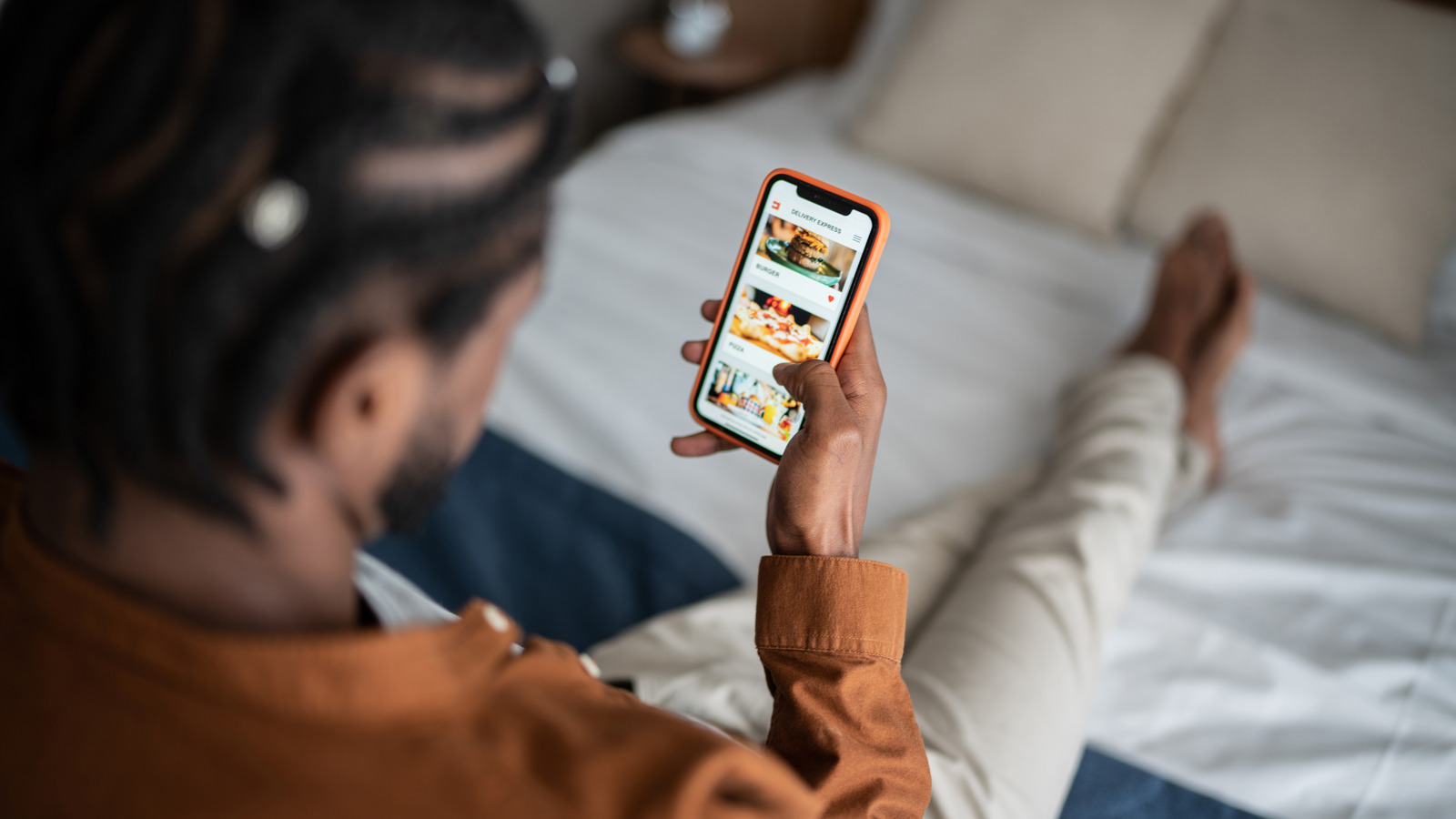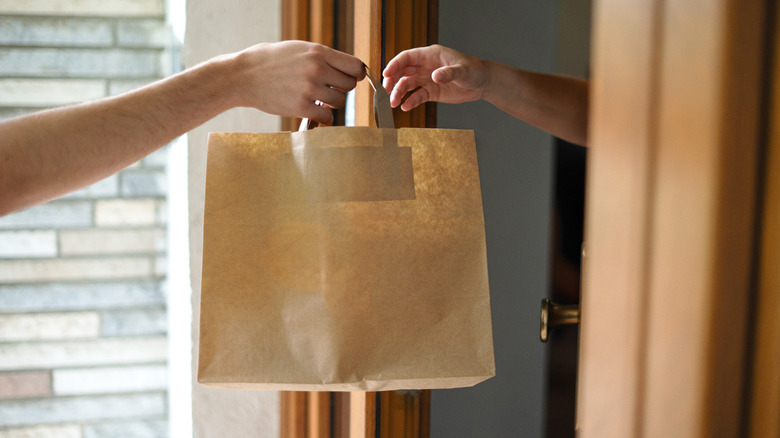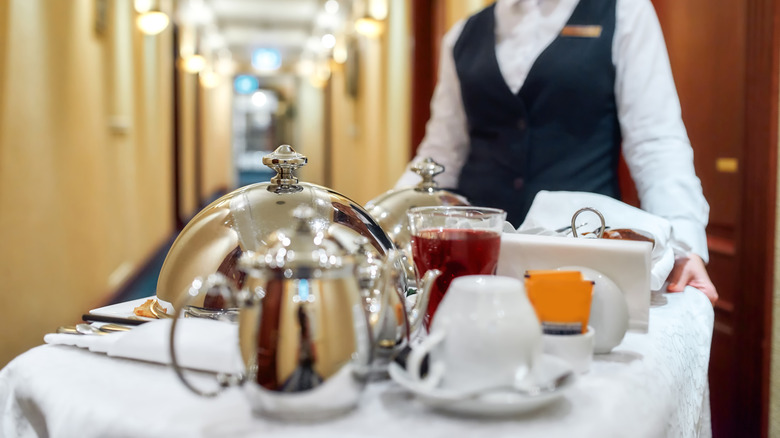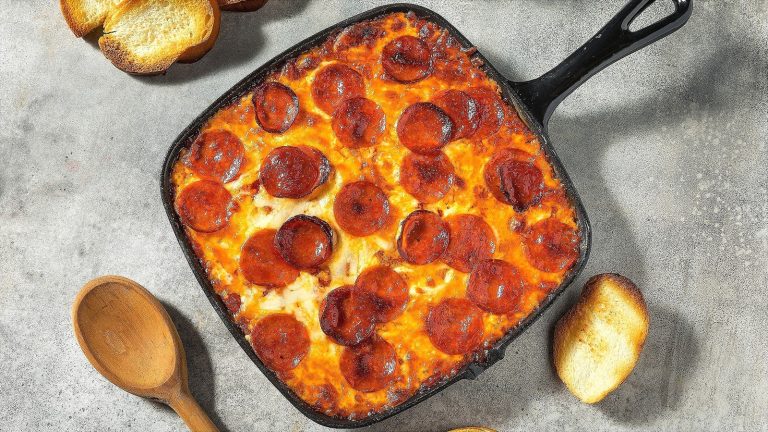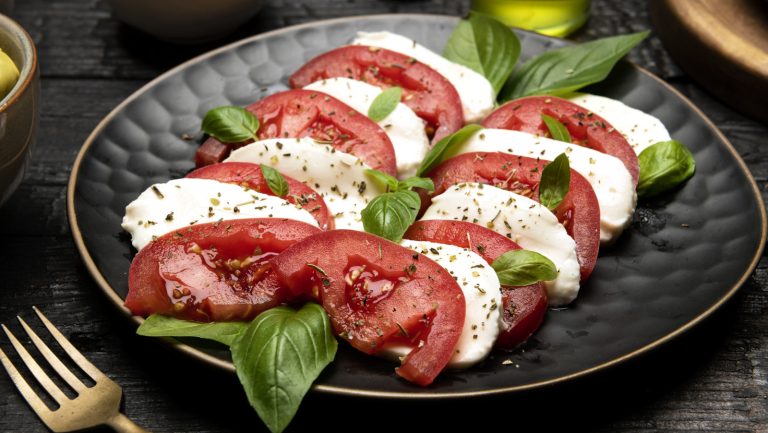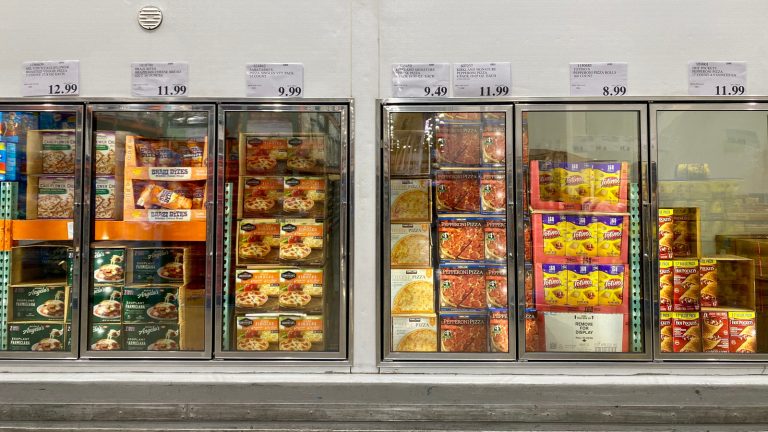Whether it’s a productive work trip or part of a revitalizing vacation getaway, penning in a meal while traveling is inevitable. Eventually, one must make the hard decision between ordering room service, dining at the hotel restaurant, or using a food delivery app such as Uber Eats; opting for that delivery service is the way to go. Certainly, there are some potential risks, including a meal going wrong or a restaurant having limited hours, but the advantages outweigh them in terms of cost, selection, and convenience. That’s especially true if the traveler doesn’t have a car, is in a land completely foreign to them, or is limited on time in a busy schedule.
Having food delivered offers an ocean of cuisine at the touch of a smartphone. Here, hotel guests can choose from something new, possibly unique to where they’re staying, or something familiar, both of which can be delivered right to them. It can even be ordered in advance so a meal is waiting for them as they’re arriving at the hotel. While room service or dining at a hotel restaurant can also be convenient, both menus can be limited and pricey. Ordering a simple sandwich to the room is susceptible to not only state and local taxes, but also service premiums and in-room dining fees — and that’s before calculating in a tip.
Food delivery can bring a comforting meal when traveling
Opting to have food delivered isn’t just a matter of convenience and cost, there’s also the factor of comfort and familiarity to consider. Especially when traveling in a land unknown, where the cuisine may be very different for someone, a delivery app would grant the user access to more common fare, such as one of the 40,000-plus McDonald’s locations available worldwide. This would also help for anyone with dietary needs as they’d be able to enjoy a familiar meal they know wouldn’t upset their stomach while traveling.
It should be mentioned that staying at an AirBnB or long-term stay hotel would play a factor when traveling as well. Unfortunately, extended-stay establishments may not offer a dedicated restaurant nor room service (and, certainly, neither exist at an AirBnB). However, what they lack in on-site food services, they often make up for by featuring a kitchenette with a small stovetop, microwave, and refrigerator. Here, the move would be to order groceries. This way, travelers can create the comfort meals they’re familiar with when they’re away from home, or their own versions of iconic celebrity chef dishes.
There’s still a place for room service
Despite the cost and a possibly limited menu, there are benefits to taking advantage of what hotels offer. The cooks in the hotel kitchen are unsung heroes to late-night arrivals when barely anything is open, or the morning after when weary travelers are still jet-lagged. Here, guests can hop right down to the hotel’s on-site restaurant or have a hot, tasty meal brought to them with an easy phone call. This is without considering that some hotels may have specific rules in place or limitations that may require food deliveries to be dropped off in the lobby instead of the guests’ rooms.
It’s also advantageous when the hotel is tied to an award-winning restaurant, especially since their room service would likely come from the same place — imagine the convenience of indulging in a meal from the hotel’s Michelin-starred restaurant without having to ever leave the hotel or even your room. Additionally, some hotel service menus offer romantic packages for honeymooners that could include a bottle of champagne, a box of candy, or chocolate-covered strawberries that can be brought right to the room.


